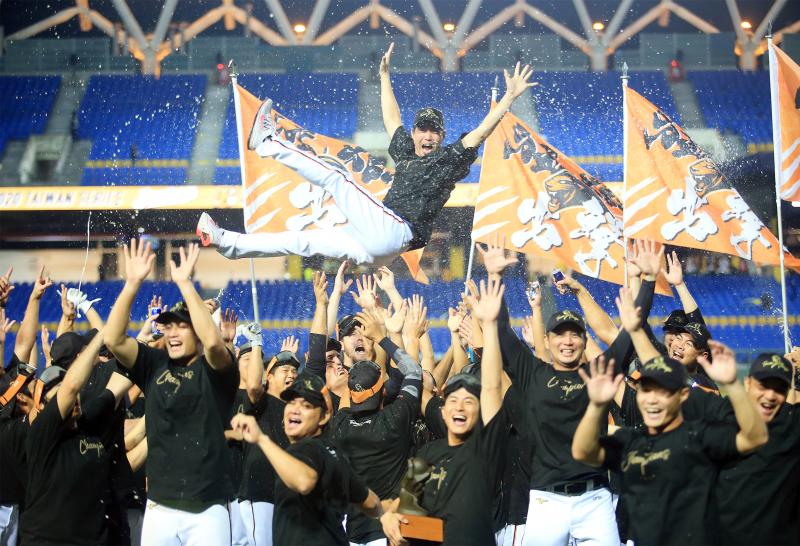
Photo: CNA 照片:中央社
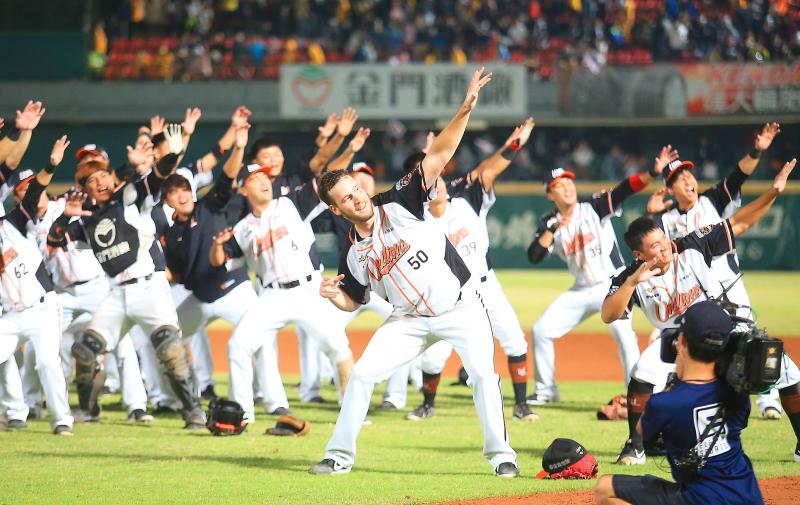
Photo: CNA 照片:中央社
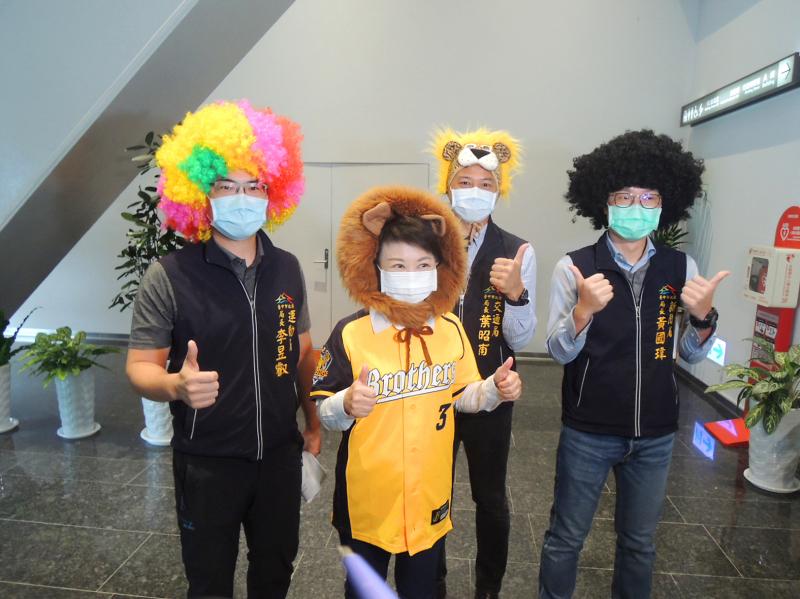
Photo: CNA 照片:中央社
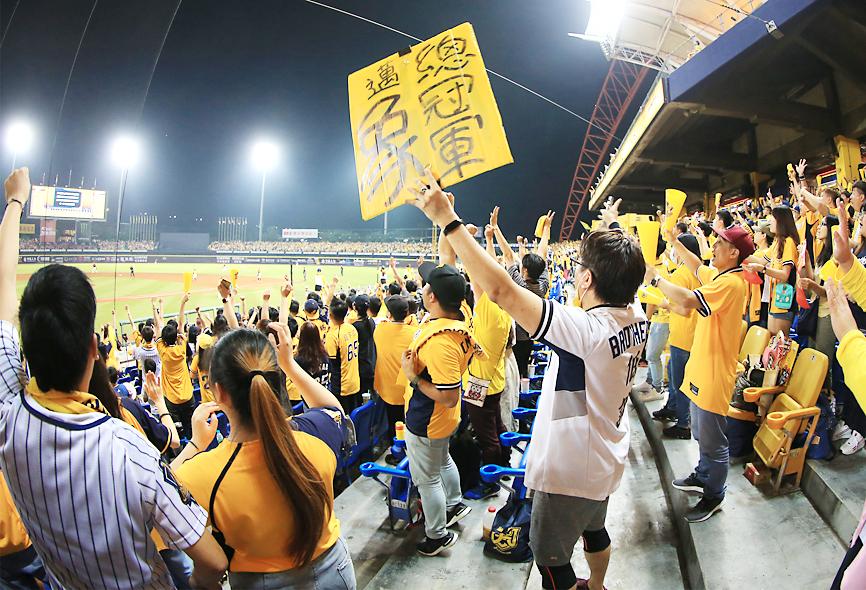
Photo: CNA 照片:中央社
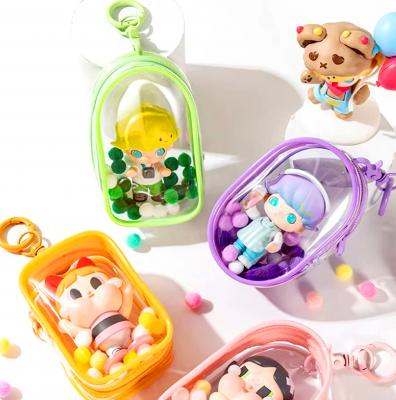
If you’ve recently spotted adults parading around with cuddly toys dangling from their designer handbags, your eyes haven’t been deceiving you. The playful trend of adorning bags with cute charms has become popular among people of various ages. Plushies like Labubu and anime and manga characters such as Chiikawa have become must-have accessories that make personal statements. The practice of attaching charms to personal items has been common across cultures throughout history. In ancient civilizations, charms were often used as symbols of protection, good luck, or identity. Fast-forward to more modern times, and style icons like Jane Birkin, a

★ Bilingual Story is a fictionalized account. 雙語故事部分內容純屬虛構。 Kevin leaned over the bubbling pot. “Hey. . . are you okay? You’ve barely touched your food.” Zoey blinked. Her face was red — not from blushing, but from the “mala” spice and the heat of the room. Her blond hair clumped to her face like strands of fine spaghetti. Her carefully applied makeup now streaked. “This isn’t what I expected,” she said softly, forcing a smile. All around them, Kevin’s friends were laughing, shouting, and tossing ingredients into the broth. The air smelled of chili oil and garlic.
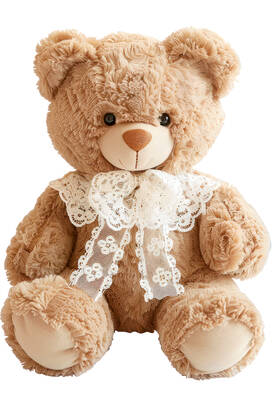
Continued from yesterday(延續自昨日) https://www.taipeitimes.com/News/lang If plushie charms are cute little nods to people’s interests, ita bags are full-on declarations. The term “ita” comes from the Japanese word itai, which means “painful” and reflects the overwhelming visual intensity of these bags. An ita bag is essentially a handbag, backpack, or tote meticulously decorated with an extensive collection of merchandise dedicated to a specific character or idol. These bags usually feature a clear plastic window to display carefully arranged pins, badges, keychains, or fan art. Both the interior and exterior may be covered in fandom memorabilia, creating an aesthetic so intense that it’s almost “painful”
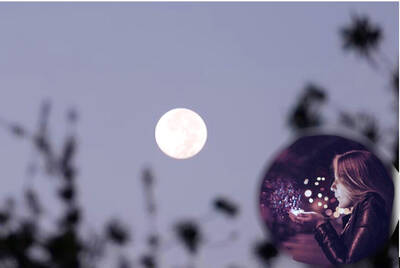
對話 Dialogue 清清:華華,你知道嗎?聽說11月5號有「超級月亮」!那天的月亮會特別大、特別亮。 Qīngqing: Huáhua, nǐ zhīdào ma? Tīngshuō shíyī yuè wǔ hào yǒu “chāojí yuèliàng”! Nà tiān de yuèliàng huì tèbié dà, tèbié liàng. 華華:真的嗎?太棒了!我想去河邊看月亮,順便拍照片。 Huáhua: Zhēnde ma? Tài bàng le! Wǒ xiǎng qù hébiān kàn yuèliàng, shùnbiàn pāi zhàopiàn. 清清:聽說在超級月亮出現的那天晚上許願,願望比較容易實現。 Qīngqing: Tīngshuō zài chāojí yuèliàng chūxiàn de nàtiān wǎnshàng xǔyuàn, yuànwàng bǐjiào róngyì shíxiàn. 華華:是嗎?讓我好好想想要許什麼願。 Huáhua: Shì ma? Ràng wǒ hǎohǎo xiǎngxiǎng yào xǔ shénme yuàn. 清清:哈哈,我已經想好了,我希望「每天都準時下班」。 Qīngqing: Hāhā, wǒ yǐjīng xiǎng hǎo le, wǒ xīwàng “měitiān dōu zhǔnshí xiàbān”. 華華:嗯......我希望今年「年終獎金加倍」 Huáhua: ēn... wǒ xīwàng jīnnián “niánzhōng jiǎngjīn jiābèi”! 清清:等你把手邊的專案做完,你的願望一定可以實現的。 Qīngqing: Děng nǐ bǎ shǒubiān de zhuān’àn zuò wán, nǐ de yuànwàng yídìng kěyǐ shíxiàn de. 華華:希望一切能順利! Huáhua: Xīwàng yíqiè néng shùnlì! 翻譯